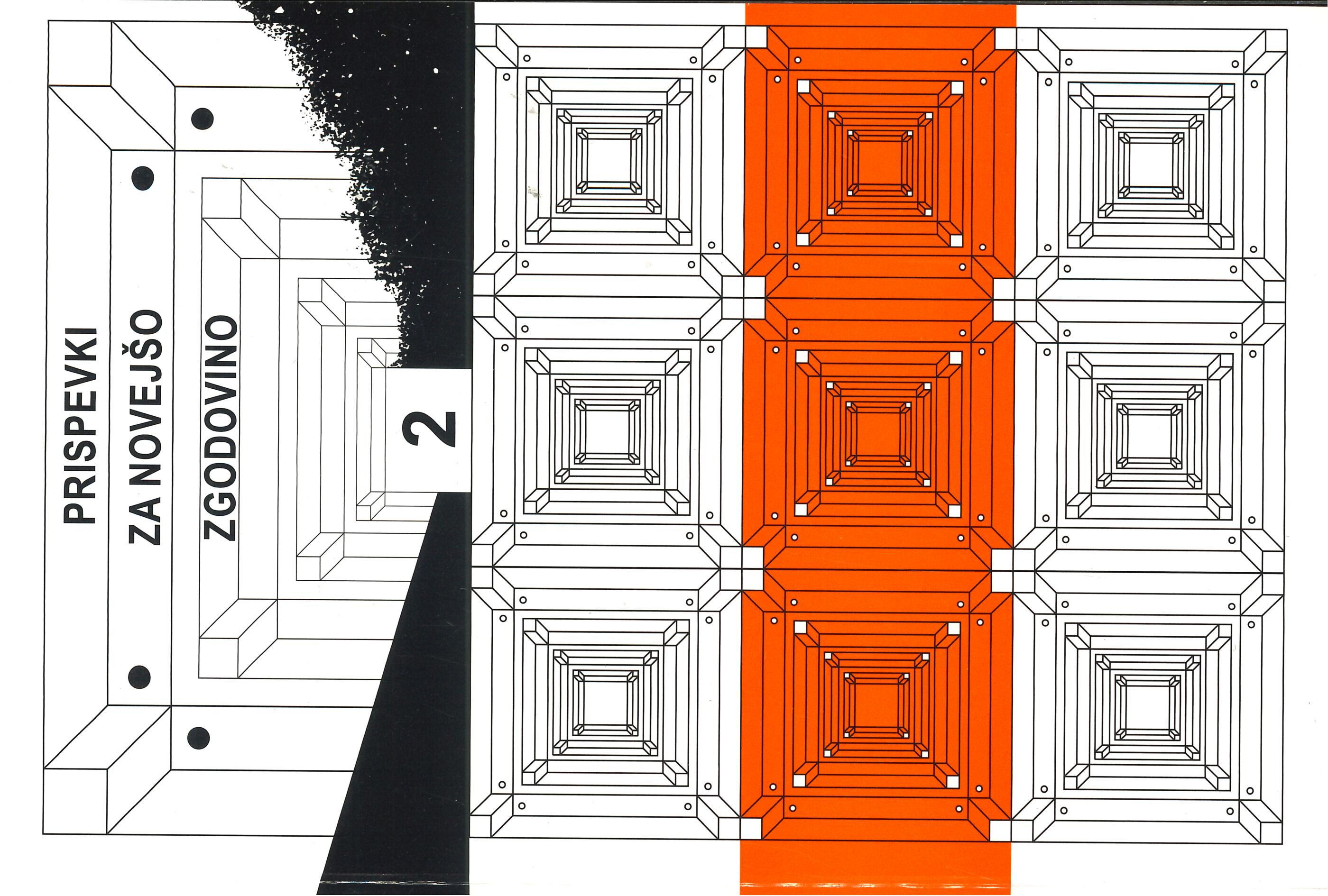Zgodovinski razvoj okoljske diplomacije v Sloveniji 1991–2012
Keywords:
Slovenia, Ministry of Foreign Affairs Republic of Slovenia, diplomacyAbstract
HISTORICAL DEVELOPMENT OF ENVIRONMENTAL DIPLOMACY IN SLOVENIA 1991–2012
The article analyses the development of environmental diplomacy in Slovenia between 1991 and 2012. The basic goal of the article is to present how the environmental diplomacy (diplomacy dealing with ecological issues) has developed in Slovenia, what its importance among other matters in the field of environmental politics and diplomacy has been, and who have been the propagators of the development of environmental diplomacy in Slovenia. The results established by the authors are not very encouraging: they show that the development of environmental diplomacy in Slovenia has been an exceedingly »marginal phenomenon«, gaining momentum mostly under external pressure (e.g. environmental conferences, membership in the European Union, etc.) rather then due to internal efforts. A slight change in the development of environmental diplomacy in Slovenia can be noted in the time of the so-called Pahor's Government (2008–2011), when the Minister of Foreign Affairs was Samuel Žbogar, who introduced a different – more proactive – view into environmental diplomacy because of his own personal principles. However, due to the end of Žbogar's term and in light of the current economic crisis, this view has not been maintained.
Downloads
Published
Issue
Section
License
Authors who publish with this journal agree to the following terms:
- Authors retain copyright and grant the journal right of first publication with the work simultaneously licensed under a Creative Commons Attribution License that allows others to share the work with an acknowledgement of the work's authorship and initial publication in this journal.
- Authors are able to enter into separate, additional contractual arrangements for the non-exclusive distribution of the journal's published version of the work (e.g., post it to an institutional repository or publish it in a book), with an acknowledgement of its initial publication in this journal.
- Authors are permitted and encouraged to post their work online (e.g., in institutional repositories or on their website) prior to and during the submission process, as it can lead to productive exchanges, as well as earlier and greater citation of published work (See The Effect of Open Access).


